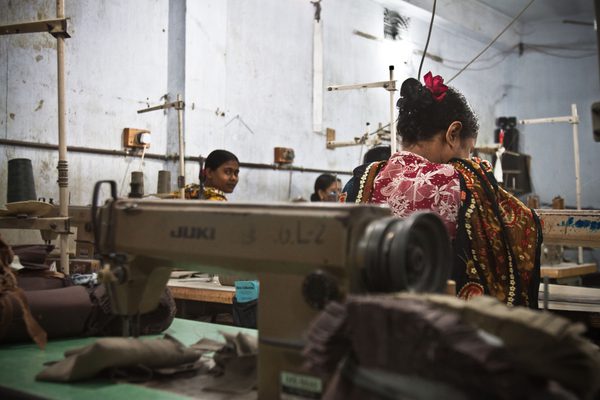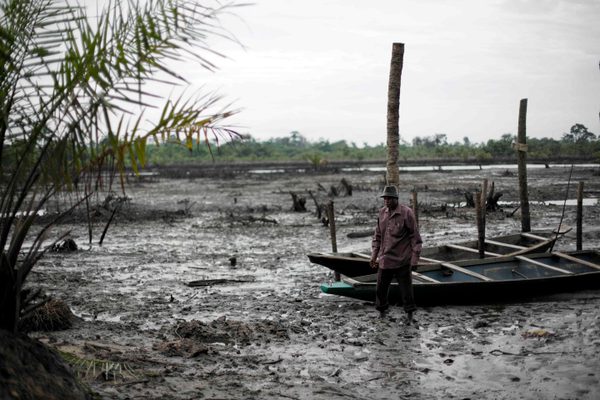Jennifer Zerk on Human Rights Impacts Assessments in International Trade Agreements
24 April 2019
The human rights impacts of trade can be both positive and negative. Governments want to understand them better, and companies committed to undertaking rigorous due diligence would want a clearer idea about how their activities affect the rights of workers and communities. Civil society organisations too want to know more about the effects of specific policy measures that increase - or reduce - trade between countries. However, human rights impact assessment of trade is an inexact science, because connecting a specific policy measure, or the activities of one company, with any specific impact - positive or negative - is not simple.
In this podcast, human rights expert Jennifer Zerk speaks to IHRB's Salil Tripathi about the state of play in this field. She recently wrote a report for the Royal Institute for International Affairs, or Chatham House, the independent policy think tank in the UK, where she examines existing impact assessments, explores their capability and limitations, and proposes a way forward for practitioners.
The podcast is in two parts. In Part 1 Jennifer and Salil discuss the key findings of the research, who should carry out human rights impacts assessments - states or corporations, and when during the trade agreement negotiations they should be carried out. In Part 2, they discuss whether any human rights impact assessments have influenced policy changes, who should pay for them, and what expertise is required.
Stream above, or you can listen on your favourite podcast player.
If you care about human rights and are curious about the impact of business on peoples’ rights, then follow Voices to get each episode straight to your feed.




